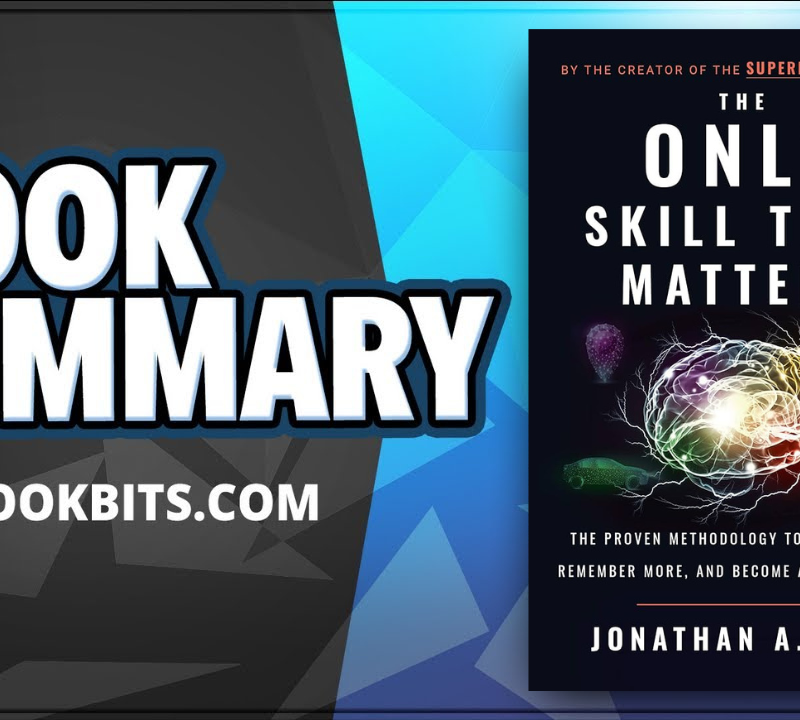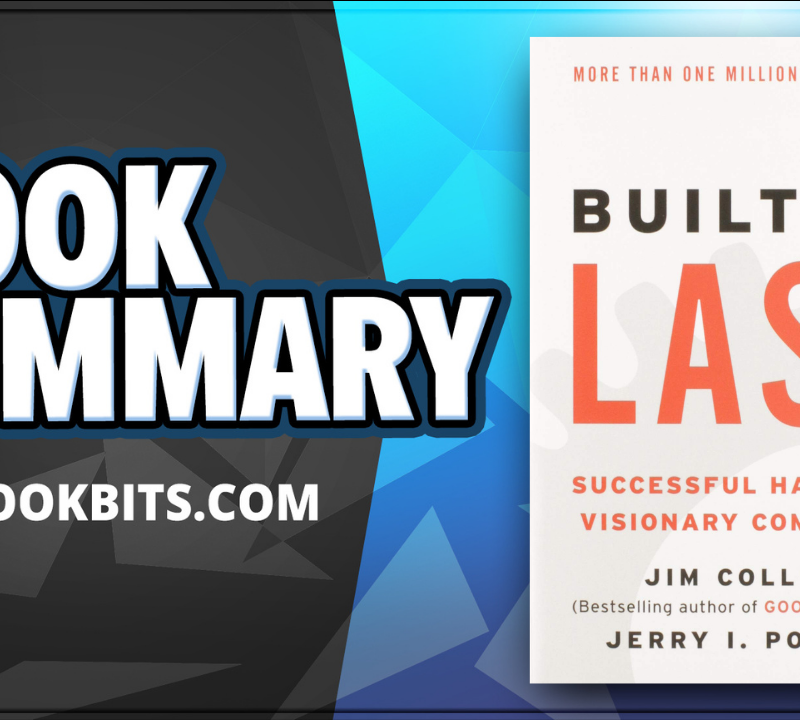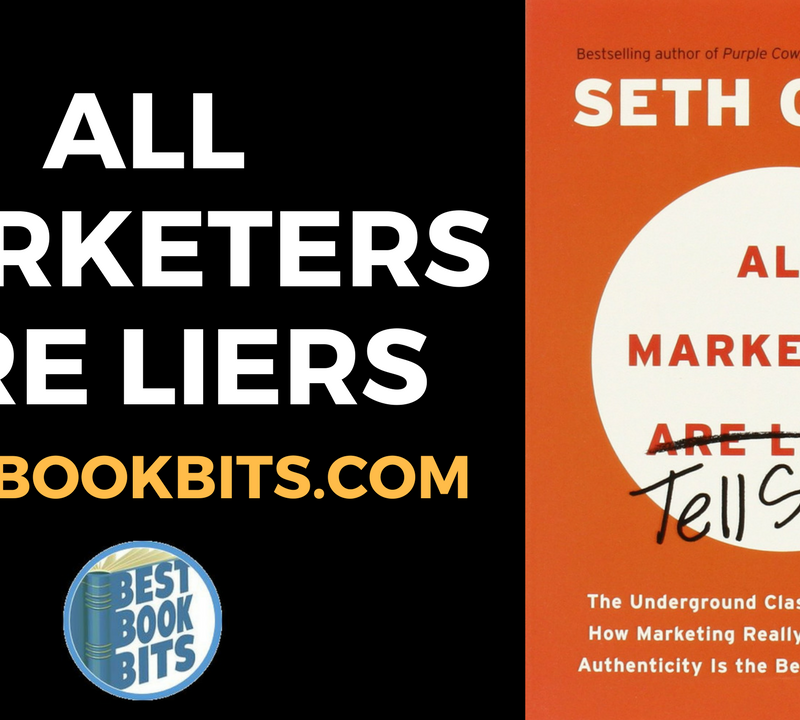GET THE 500+ BOOK SUMMARY BOX SET IN PDF & MP3 here
FOLLOW US HERE > |YouTube |Spotify | Instagram | Facebook | Newsletter | Website
Business @ the Speed of Thought: Using a Digital Nervous System by Bill Gates
The digital nervous system
The main concept Gates talks about in this book is the flow of information and how it is the Lifeblood of an organization.
Like a living creature, an organization works best if it can rely on a nervous system that sends information immediately to the parts that need it. A digital nervous system can unite all of an organization’s systems and processes, releasing rivers of information and allowing businesses to make huge leaps in efficiency, growth, and profits. I have a simple but strong belief: how you gather, manage, and use information will decide whether you win or lose.
Bill Gates
This concept still is relevant today, even though information is much wider available in 2023 than in back in 1999. Information sharing wasn’t really something of priority. For instance, upper management might not be transparent on all issues for fear employees might gain too much power.
That’s one problem still persisting today. The paper process hell problem from 1999 is much less relevant nowadays, but still, many organizations back up all their digital stuff on paper.
See if you have the information to answer these questions:
- What do customers think about your products? What problems do they want you to fix? What new features do they want you to add?
- What problems do your partners have as they sell your products or work with you?
- Where are your competitors winning business from you, and why?
- Will customers’ changing demands force you to develop new capacities?
- What new markets are appearing that you should enter?
A digital nervous system won’t guarantee you the right answers to these questions. But it will free you from the old paper processes so that you’ll have the time to think about the questions. It will give you the data to start thinking immediately, and to see the trends coming at you. A digital nervous system will make it possible for facts and ideas to quickly surface from deep in your organization, from the people who have information about these questions and, it’s likely, many of the answers. Most important, it will allow you to do all these things fast.
The first step in answering any hard business question is to look at the facts. It’s easier to say this than to do it. The principle is illustrated in my favorite business book, My Years with General Motors, by Alfred P. Sloan Jr. If you only read one business book, read Sloan’s (but don’t put this one down to do it). Extraordinary success can follow from positive leadership that’s based on information and reason.
To manage with the force of facts – one of Sloan’s business principles – requires information technology.
Companies should spend less time protecting financial data from employees and more time teaching them to analyze and act on it.
A final sign of a good digital nervous system is how effective your face-to-face meetings are. Good meetings are the result of good preparation. Meetings shouldn’t be used mainly to present information. It’s more efficient to use e-mail so that people can analyze data before the meeting. Then they will be prepared to make suggestions and debate the issues at the meeting itself.
Too often important customer and sales information is pulled together only when a consultant arrives. You should have that information there every day ready to be used by your employees.
To begin creating a digital nervous system, you should first develop an ideal picture of the information you need to run your business and to understand your markets and your competitors. Think hard about the facts you need to know. Develop a list of the most important questions for your business. Then demand that your information systems provide the answers.
Information Systems free people from the boring work
Scared that automation will take away some jobs? You shouldn’t because it’s boring and repetitive work which is going to be automated. In general, people will just move to a more interesting position, one where they supervise and do more cognitive, more interesting work. Of course, some people will still lose their jobs. But I think the net impact of AI will be positive. Here is a good rule of thumb for building automation tools from Bill.
Our internal tools have two goals: to use software to handle routine tasks, so that our knowledge workers don’t waste time and energy; and to free people to do more difficult work and handle unusual situations. Our internal developers use the “sort-boiled egg” rule: A user must be able to get into and out of most administrative tools within three minutes.
Bill Gates
It’s easy to measure when you make your factory workers more efficient. It’s hard to measure when you make your knowledge workers more effective, but it makes sense that workers who aren’t burdened by routine tasks will do better work.
More time to do customer service
Customer service will become the primary way of adding value in every business. Human involvement in service will shift from routine, low-value tasks to high-value personal service to the customer.
A great example of more and better customer service thanks to information systems is Merrill Lynch. The company dedicated a billion dollars to build an information system for their knowledge workers.
Since the changes in the system at Merrill Lynch, financial consultants have more time to build stronger relationships with clients. Merrill Lynch then decided that giving more information to clients would make the relationship with them stronger, not weaker.
It gives the client information, but financial information is not financial knowledge. That is still provided by the financial consultants, who now have more time to concentrate on it. And they provide it to well-informed clients, who ask better questions than badly-informed clients.
“The Internet doesn’t replace people. It makes them more efficient,”
Using software to handle routine data tasks gives you the opportunity to provide the human touch where it really matters. There’s a dramatic difference between getting a note that was clearly written by a person rather than a computer. It’s enormously valuable to have a person working with any customer who is unhappy about something really important, or who has special needs. In a hotel, for instance, smart software can dramatically shorten the check-in and check-out time. Staff can then help customers rather than filling in forms, and guests will enjoy their stays more as a result.
The Internet as a gateway to new technology
Bill explained with a brilliant example, the impact of the internet. Back then only about 50% of the US population was using the internet on a regular basis. You could have asked the valid question, “Do you have Internet?” But would you’ve asked someone if they have electricity in their home, you’d get a weird look.
People in developed countries don’t think much about their electrical products; we just use them. But people who are now in their fifties can remember when just a few families had TVs. Our grandparents can remember when much of rural America was without electricity. It’s taken more than a hundred years for the electricity lifestyle to revolutionize civilization.
When streets and houses were first wired, the only use for electricity was for lighting. Electricity’s capacity to change everyone’s lifestyle was hidden. Electric light was cleaner, safer, brighter, and more convenient than natural gas, oil, or candles. When the infrastructure was in place, though, new products were created that took advantage of electricity. Electric refrigerators, record players, and air conditioners applied the new technology to existing needs. The most revolutionary uses of electricity were the phone, the radio, and the TV. These new machines changed our economies and our lifestyles. People hadn’t dreamed of these products before the infrastructure was available.
Bill names a dozen of future use cases of the internet, most of which already happened just as he predicted. The internet and other newer technology will enable many use cases we can’t even imagine yet, just as the electrical grid did back in the earlier 1900s. One example in particular I want to share because Bill predicted smart home automation there, something with which I work lately.
Your digital companion is smart enough to speak to all the machines that need to know your home or work schedule, but only tells the kitchenThese machines will become part of ordinary life. When you leave the office for the day, your personal digital companion will download your e-mail, which might include a grocery list from your husband or wife. At the store, you can download a new recipe, and all of the items for the meal will be added to your list. Your digital companion is smart enough to speak to all the machines that need to know your home or work schedule, but only tells the kitchen machines about the recipe. From a computer in the kitchen, you check the house. A video of the front door area shows who called when no one was home. machines about the recipe.
The Internet’s role in education
Programs like this have spread to schools all over the world. The effects have been impressive. A recent report shows that students who regularly use computers gain many skills. They write more often and better; they have better analysis skills; they express themselves more creatively; they work more independently, and they are better at problem solving and critical thinking.
PCs can help change the learning experience from the traditional approach – a teacher talking at the front of a classroom, with reading tasks – to a more hands-on approach that takes advantage of the natural curiosity of students of all ages. PCs enable students to explore information at their own speed, to learn from sound and pictures as well as from text, to do experiments, and to work together with other students.













